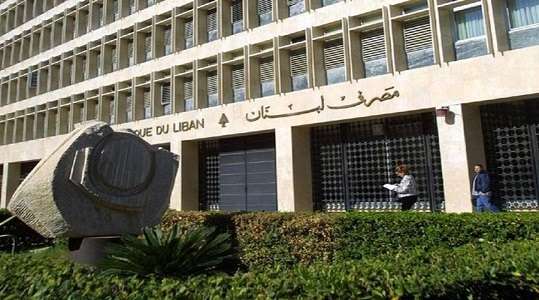Lebanese Minister of Finance Ghazi Wazni indicated that at the current stage the government will continue to stabilize the exchange rate, while adopting a flexible exchange rate in the next stage, considering that opening negotiations with the International Monetary Fund will restore confidence in Lebanon.
Wazni stressed that "the comprehensive five-year financial plan (2020 - 2025) was prepared to confront multiple unprecedented economic, financial, monetary and social crises based on accurate indicators, considering that "the plan is a way out of the crisis and it provides for the first time clear numbers of accumulated losses, especially in the financial sector, with a precise definition of its distribution and causes. It aims to restore confidence, increase economic growth, promote a healthy financial system and achieve the sustainability of public finances in Lebanon."
The plan is based on nine pillars according to Wazni, most notably in the exchange rate and monetary policy, adoption of the flexible exchange rate policy in the coming stage in a gradual and deliberate manner, in order to prevent comprehensive chaos of commodity prices, a significant deterioration of the exchange rate of the lira, and also lead to a large default of borrowing institutions in dollars.
He pointed out that "the government seeks to reduce the deficit in the public budget from 11.3 percent of GDP in 2019 to 5.3 percent in 2020 and then to 0.7 percent in 2024 by reducing public expenditures, fighting waste, improving tax collection, value-added tax and combating tax evasion."
Source (Al-Sharq Al-Awsat newspaper, Edited)

